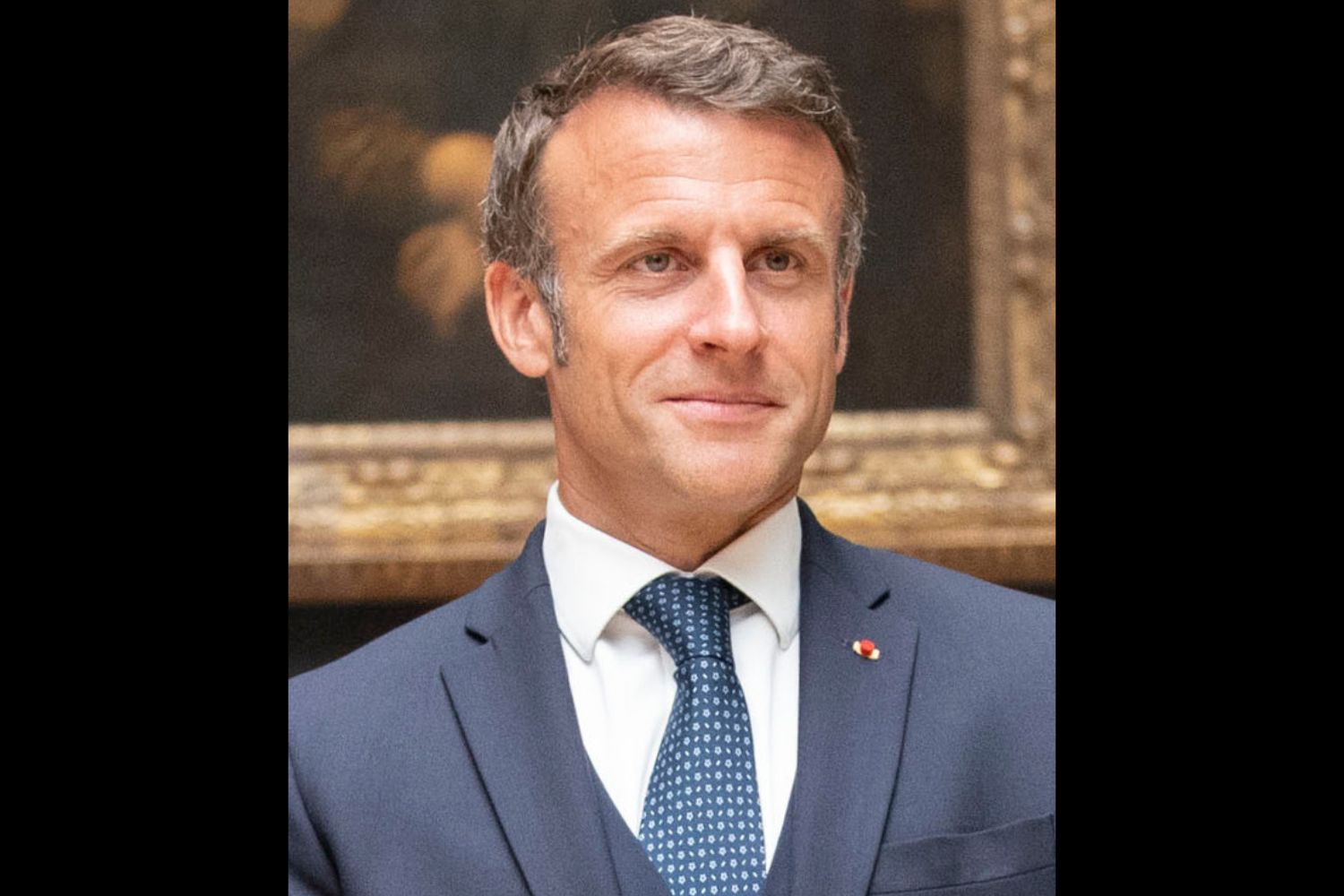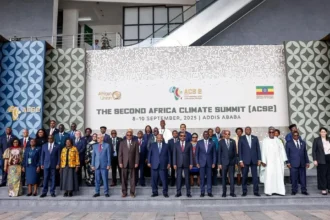French West Africa has experienced five coups in the past three years. Underpinning most of these coups is hostility towards France, a former colonial authority.
Mohamed Bazoum of Niger’s downfall in July 2023 comes after coups in Mali in August 2020, Chad in April 2021, Burkina Faso in September 2022 and Gabon in September 2023.
The perpetrators of these coups have, among their justifications, mentioned the overbearing influence of France and its president, Emmanuel Macron, in their affairs.
The influence of France in military affairs and maintenance of dominance in business has been a key cog of the Macron agenda. Unlike other former colonial powers, France still has military bases in Côte d’Ivoire, Senegal and Gabon.
ALSO READ: What caused the coup in Niger? An expert outlines three driving factors
At the same time, Macron has put forward entrepreneurship as the best form of development assistance. This strategic pivot away from personal relationships with African leaders is rooted in Macron’s neoliberal beliefs.
This is a political approach that favours free-market capitalism, deregulation and a reduction in government spending.
I am a historian who has researched the relationship between France and its former colonies.
Macron’s neoliberal turn
In Africa, Macron’s neoliberal turn has stripped France of the long-standing myth that it was somehow a more benevolent coloniser because of the cultural links it established with African elites.
Macron’s approach has only increased distrust and anger because a large military presence has not been replaced by a new international economic order, but with small-scale business deals and start-ups.
This is not what Africans wanted, but it is what they got.
ALSO READ: Tensions rise as West African leaders rush to protect Niger after coup
Neoliberal values are French values
Rather than a remaking of the economic and financial infrastructure, Macron has pushed entrepreneurship as development assistance: promoting start-ups and training Africa’s youth.
Agence Française de Dévelopment (France’s main institution for policy implementation) is still investing in education, agriculture and infrastructure. But what Macron wants observers to notice is that increasingly, French development aid in Africa has to be run by French businesses.
French corporations are no longer making money in secret, as in the era of Françafrique. This was a period when French presidents supported African dictators to maintain influence.
Rather, Macron’s speeches put forward business activities and neoliberal values as French values that benefit the continent.
This reliance on French culture and values can be seen as a continuation of a strategy that started with the French colonial project. Macron’s values, however, are the values of neoliberalism. At home he has pushed through a pension plan to limit French state debt. Abroad, he wants French development policy to be driven by private initiatives.
ALSO WATCH: Pan African Tapestry, Weaving of African culture
Africa wants to elevate economics as a core value
In light of that strategy, it becomes clear that sentiments among Africans have not become more anti-French. Rather, by elevating economics to a core value of his relationship to Africa, Macron has played into a widely accepted African worldview in which underdevelopment is the product of dependency on Europe and neocolonial exploitation.
Every visitor who talks to cab drivers or vendors in Dakar figures out quite quickly that the French are seen as colonisers first, possible friends second. What has changed is that Macron has unknowingly confirmed African suspicions about his intentions: he never wanted to change economic structures. Instead Africans get bread crumbs in the form of start-up money.
The free market as the dividing line in West Africa
Entrepreneurship is not universally loved on the continent. The belief in the free market as an engine for development has redrawn the battle lines in west Africa.
Countries within the regional body Ecowas like Ghana, Nigeria and Senegal – which have had high economic growth in the past decade – are clashing with Niger, Mali and Burkina Faso – which have experienced deepening poverty.
While other African countries like Kenya are confronted with similar debates about how to stimulate development – Kenyan president William Ruto famously believes in the “hustler nation” – climate change and terrorism have led to a more combustible mix in the Sahel.
The juntas that have come to power therefore do not only present themselves as caretakers who are trying to do the job politicians will not do.
They are also claiming they want a new ideological direction for their countries. Ibrahim Traoré in Burkina Faso has styled himself to be the successor to Thomas Sankara, Assimi Goïta has cast himself as a reformer not a revolutionary.
In the past, the fires of African instability and anti-French sentiment were fanned by the French underdelivering on their – sometimes cynical – promises of big structural change.
Today, instability is being fed by the opposite. It is African leaders who demand big structural change, but are met with small business efforts to maintain French influence on the cheap.
Written by: Frank Gerits
*Gerits Research Fellow at the University of the Free State, South Africa and Assistant Professor in the History of International Relations, at Utrecht University
*This article originally appeared on The Conversation and was republished with permission. Read the original article here.













